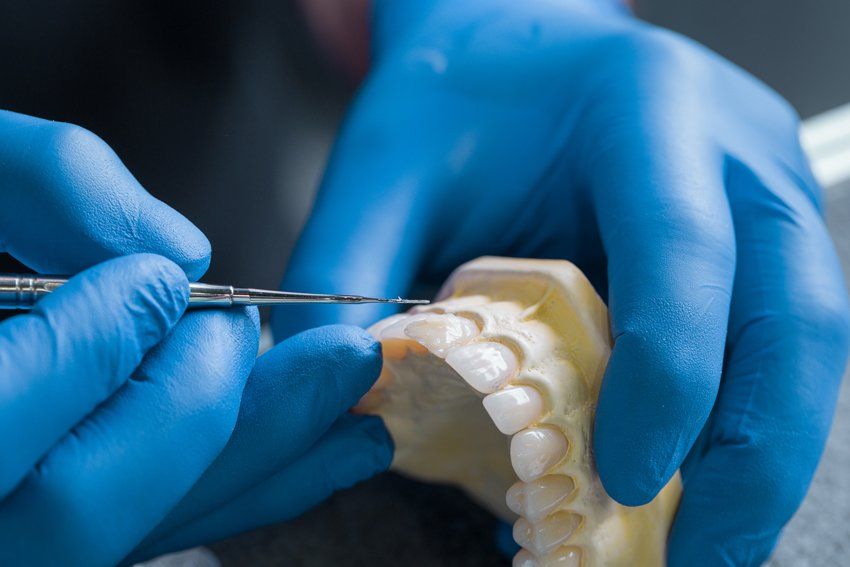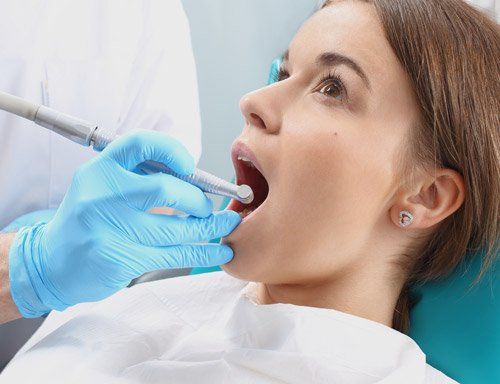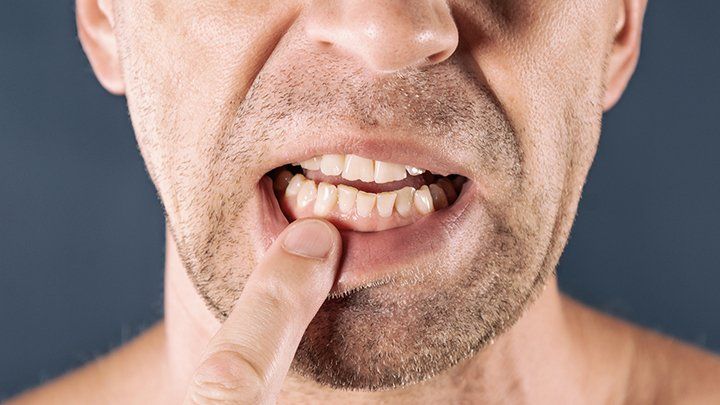Oral health is a concern that extends far beyond your mouth - it impacts a more significant part of your body than you may imagine. For example, poor dental hygiene could increase your risk of heart-related problems. Thankfully, these issues can be easily managed, as long as you start now.
The surprising connection between your oral health and heart disease occurs when bacteria from your mouth ends up in your bloodstream. For example, excessive tartar and plaque caused by inadequate oral hygiene may spread along your gum lines and help bacteria and germs grow out of control in your mouth.
If that bacteria gets into your bloodstream in any way, it can cause inflammation in your arteries and even around the muscles of the heart. Bacteria also increases certain enzymes in your body that cause damage to your heart and may lead to heart attacks, strokes, and other dangers.
Not every oral health issue creates the same level of risk for cardiovascular problems. For example, somebody who suffers from an occasional cavity is at a lower risk of cardiovascular problems than someone with chronic gum conditions.
Simply put, gingivitis and other types of advanced periodontal disease trigger a higher production of tartar and mouth bacteria than cavities and teeth damage. As a result, you need to understand the types of oral health symptoms that may indicate a more significant cardiovascular health risk.
Minor issues with your dental health, such as one or two cavities over several years, typically won't cause cardiovascular issues. However, many dental problems tend to get out of control and create a variety of symptoms that go far beyond occasional numbness or sensitivity, including:
- Swollen gums that are sore to the touch
- Frequent bad breath that you can't control
- Gums "pulling away" from your teeth
- Loose or painful teeth in your mouth
- Bleeding gums after you eat or care for your teeth
- Pus or other fluids around your gums and teeth
These symptoms are indicative of severe gum problems and could indicate a higher concentration of bacteria in your mouth. Thankfully, you can avoid these problems with high-quality prevention methods.
Brush your teeth at least twice a day or more to break apart the plaque and tartar that leads to bacteria and cardiovascular health issues. After you brush your mouth and tongue, make sure to floss your teeth and gums to break apart food, and use mouthwash to sterilize your mouth of bacteria. And make sure to always brush and floss your teeth after eating and before you go to bed and after you wake up for the day.
You should also change your diet to focus on healthy foods that minimize tartar and bacteria spread in your mouth. For example, carrots and other hard foods can break apart plaque and keep tartar away from your teeth and gums. Other foods, such as fiber-rich dishes, help support your oral health by stimulating saliva flow in your mouth and restoring minerals to your teeth.
Although prevention can help minimize the danger of cardiovascular damage related to your oral health, you should still have a dentist assess your oral health and a heart specialist gauge if you have any severe issues. Their help can ensure that you don't suffer any surprise heart attacks in the future.
Please don't hesitate to contact us at
Teresita V. Hernandez, DDS
to get the help that you need to avoid these co-occurring disorders. Our experts will assess your oral health and strive to ensure your oral health is as strong as possible.
















